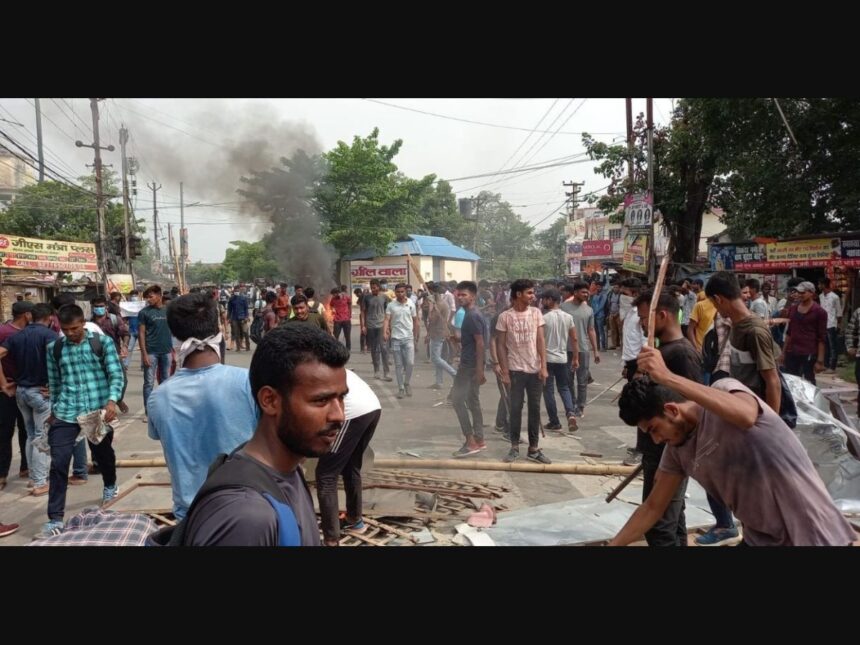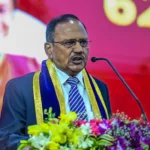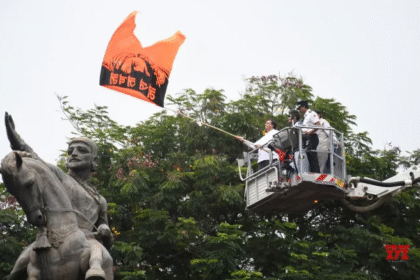Opposition Vows to Continue Bihar SIR Protests Despite Fear Among People
Darbhanga (Bihar): The statewide mahagathbandhan (grand alliance) chakka jam (road and rail blockade), led by the INDIA bloc against the voter list revision in Bihar, had a widespread impact in Darbhanga and Madhubani districts. Party workers protested by obstructing the main roads and railway stations, burning tyres and raising slogans.
Local journalist Mansoor Khushtar from Darbhanga reported that the impact of the bandh was felt not only in the city but also in the surrounding areas and along key national highways, leading to a complete halt of normal life.
Operations of buses and other vehicles were disrupted, and train services at Darbhanga junction and nearby smaller railway stations were also affected for several hours, he said. As per the information received, passengers encountered considerable difficulties until 2 PM. Private schools in the city were also reported to have remained entirely closed during this period.
Meanwhile, local journalist Mohammad Karimullah from Madhubani said that opposition party workers arrived at the Madhubani railway station by 7 AM and staged a massive protest, blocking the road in front of Shaheed Express.
The political leaders orchestrating this blockade, he said, labelled the Election Commission’s Special Intensive Revision (SIR) process in Bihar a “conspiracy” to deprive the weaker and backward classes of their voting rights.
The leaders of the INDIA bloc, as they marched from the Madhubani station, also obstructed the road at both entrances of the district headquarters while raising slogans.
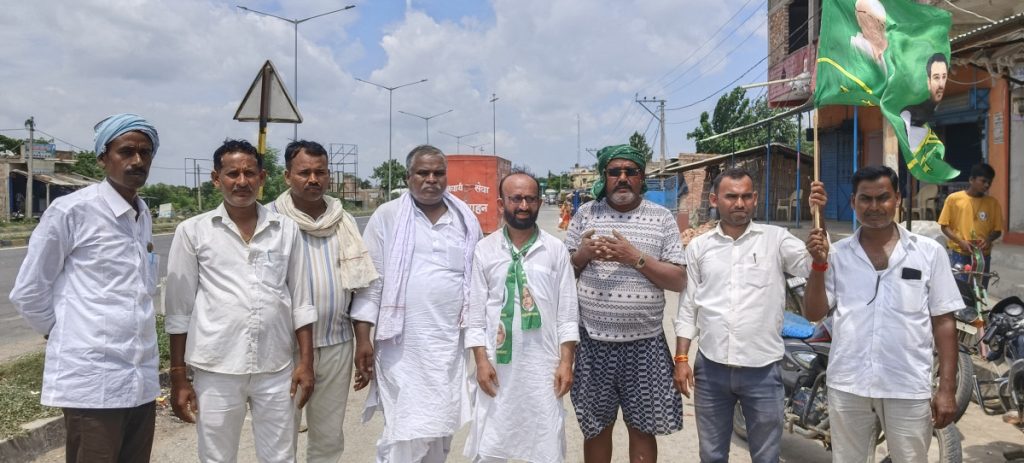
Moreover, members of the Mahagathbandhan were also seen protesting vigorously against the voter list revision process at the Raje toll plaza on National Highway-27 under the Manigachhi block.
Communist Party of India (Marxist-Leninist) Liberation worker Kishun Pandit, who participated in the protest in Darbhanga, said “…the Election Commission is merely following the whims of the BJP. We will not allow this drama and their authoritarian rule to persist.”
Referring to this entire situation as “votebandi” (ban on voting), he said, “The Election Commission must immediately end this charade. Elections in Bihar are just four months away, and the Commission is fully aware that when a similar approach was taken in 2003, it required two years. How can it possibly be accomplished in just one month? This is nothing more than a scheme to disenfranchise the poor.”
Pandit warned of more aggressive protests if this procedure continues.
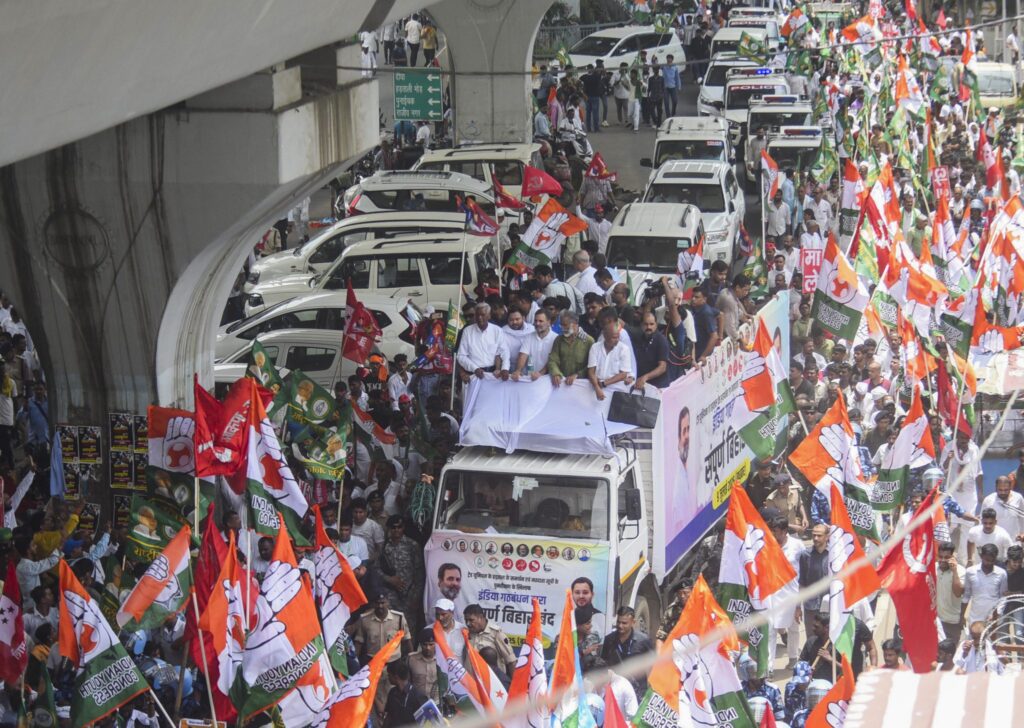
‘Fear among the masses’
Tejnarayan Yadav, who was also at the protest, while discussing the panic and fear among the villagers, said, “As the head of the Panchayat, I am well-acquainted with the villages, and I can assert that the type of documents being requested is difficult for the poor to arrange. There is fear among the masses.”
When asked to explain what this “fear” is, he said, “What other fear could there be? We believe this issue transcends mere voting. Our very citizenship is being challenged under the guise of this process, and we may soon be stripped of all government benefits.”
Highlighting the villagers’ apprehension, he further stated that “some individuals” are exploiting this fear to deceive them under the pretense of assisting with document procurement. “People are flocking to cyber cafes and rushing to the block office. Why is there such turmoil, after all?”
According to him, it is the Dalits, Mahadalits, and impoverished individuals in Bihar who are suffering the most due to the Commission’s decision of electoral roll revision. He said, “The people of this class are extremely scared.”
Yadav also posed another concern regarding the villagers’ fear and anxiety, pointing out that while the education system in Bihar is already in disarray, the Commission has assigned teachers to this task. He said that they were already under immense pressure and no one seems to be addressing their plight.
He further said, “The government expects us to select voters based on our preferences, and if education suffers as a result, so be it. If the government needed to undertake this process, it should have appointed dedicated staff and allocated sufficient time. However, the government prefers to create difficulties for everyone; teachers are required to visit homes to collect documents, and voters must validate their citizenship. What is the meaning of all this? The government has left everyone in a mess.”
Highlighting the situation in Katma Bahuarwa panchayat within the Manigachhi block, he noted that residents there are voicing concerns that the block-level officer (BLO) distributed forms to certain individuals within the same family but not to some others. He questioned the inconsistency and asked whether the BLO was acting with intent. “They are under significant pressure…,” he said.
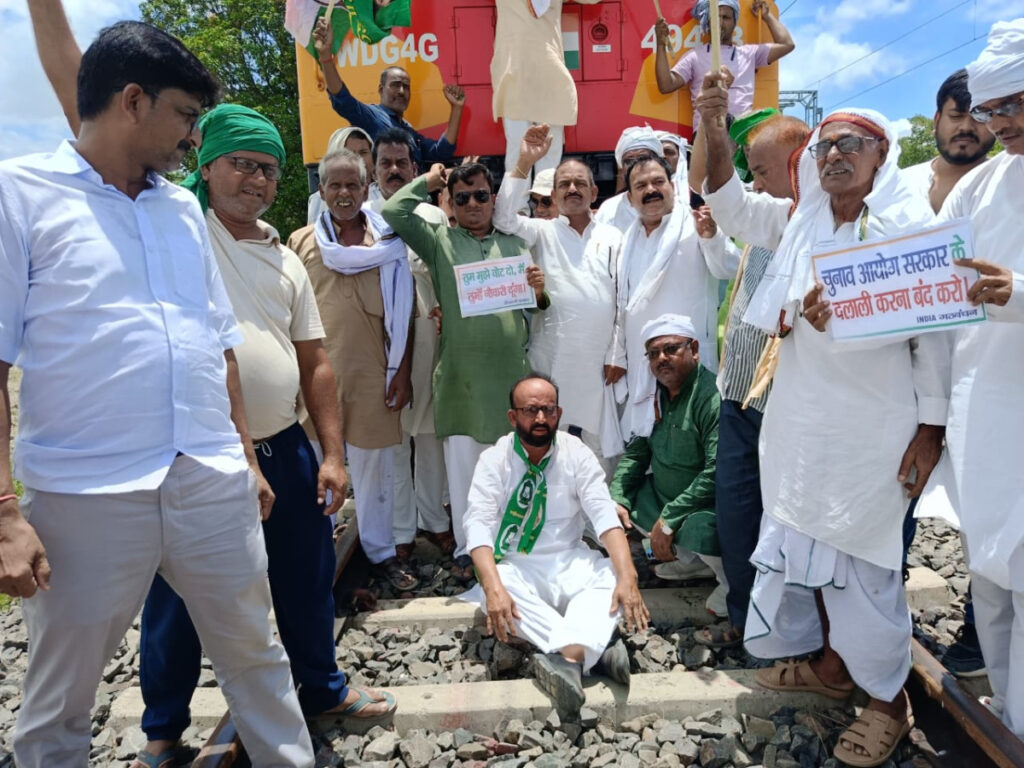
‘Can’t expect sympathy from government’
Nomanul Haq, who was present during this conversation, interjected to say, “One should not expect so much sympathy from the government; what concern does the government have for the citizens’ convenience or the pressures faced by BLOs? Under the guise of this process, the entire democratic system is being undermined.”
He argued that the Commission serves merely as a facade, with the government pursuing its own agenda. He questioned why the opposition was contesting this process and why the ruling party remained silent. “On what grounds is the government distributing rations to the populace? Is it operating a free scheme in secrecy, only to suddenly decide that citizens should be questioned about their citizenship?”
Hareram Ram also called the Election Commission’s role that of a mere puppet, stating, “The government has transformed the Election Commission into its instrument, using it to target illiterate people, the impoverished and labourers from marginalised communities. What do they possess? Do they have an Aadhaar card or a voter ID? What does it signify that I am an Indian citizen if it is not being acknowledged? Why is this being done solely to stifle their voices, denying them a stake in democracy?”
Describing the revision of the voter list as a mere “bluff” orchestrated by the government, he asserted, “This is a conspiracy against the vast population of Bihar. After all, it was these very voters who brought the government to power in the Lok Sabha elections. Why have they suddenly become suspicious of them that such actions are being taken just prior to the elections?”
Ram contended that if the government deemed it necessary to undertake such measures, it should have allowed sufficient time and acknowledged the documents – primarily Aadhaar cards – that individuals from the backward classes typically possess.
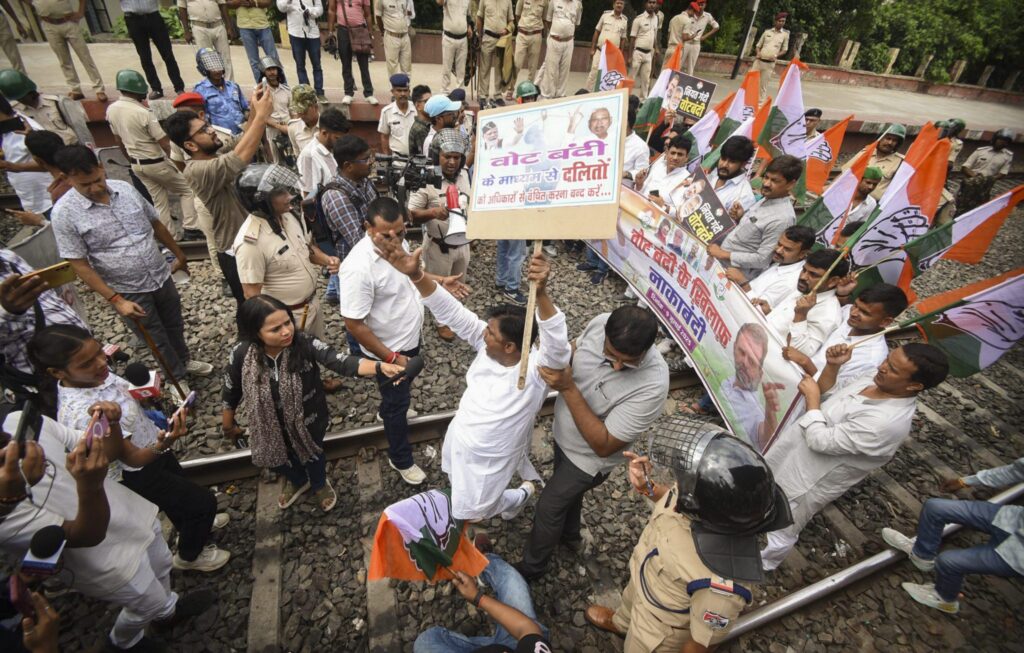
An attempt to implement NRC?
In a similar vein, Ramprakash reflected on the previous Lok Sabha elections, stating, “Modi ji ascended to the position of Prime Minister by securing votes from this voter list. If this list is indeed flawed or raises doubts, he ought to resign first before proceeding with this matter.”
He called it a clear assault on backward and minority voters and went on to claim, “I believe this is an attempt to implement NRC through indirect means.”
Meanwhile, RJD leader Mohammad Alqama questioned the connection between the government and the Election Commission, accusing the government of having “trapped the Election Commission in its clutches” making it demand citizenship documentation just ahead of the elections in Bihar. “The opposition discerns the motives behind this action, and the public is also aware of who is seeking proof of citizenship from them. Why was this initiative not undertaken immediately after the Lok Sabha elections?” he asked.
He further raised concerns regarding the request for documents based on the 2003 voter list, and asked, “Are the voters added to the list after 2003 considered suspicious? If they are deemed suspicious, what does that imply about all the previous elections? By labeling this list as suspicious, is the commission not questioning its own prior processes?”
He alleged that the “script” has likely been written elsewhere, and that the “scriptwriters” are apprehensive in Bihar.
He asked, “How are voters expected to obtain their parents’ documents in such a limited timeframe? Only a spectacle can be orchestrated within 25 days. ‘Hitlerism’ has no place in a democracy. Today we have obstructed the roads, and the matter is currently before the Supreme Court, with the hope that democracy will prevail.”
Several other opposition party members also denounced the EC’s decision as an “anti-people” move in every respect, warning that if it is not withdrawn, the movement may escalate into greater violence.
While the state-wide blockade organised by the opposition Mahagathbandhan has proven effective in raising public awareness about this issue, it remains to be seen how the EC and the government – state and centre – will respond to this protest, and whether the Commission will reconsider its stance.
Nevertheless, the public’s focus is now on the Supreme Court’s decision regarding the issue.
Also Read: Trump Slaps 35% Tariff on Canadian Goods from August 1; Eyes 15–20% Duties on Other Nations


